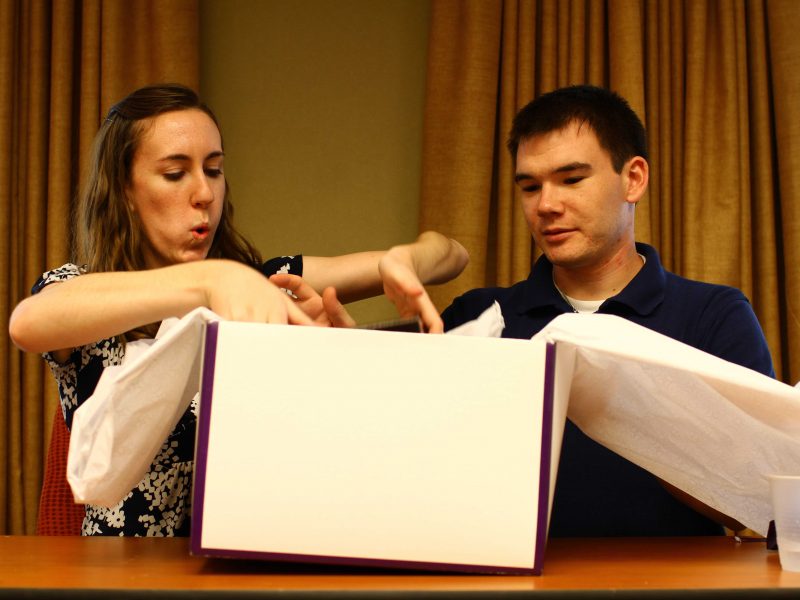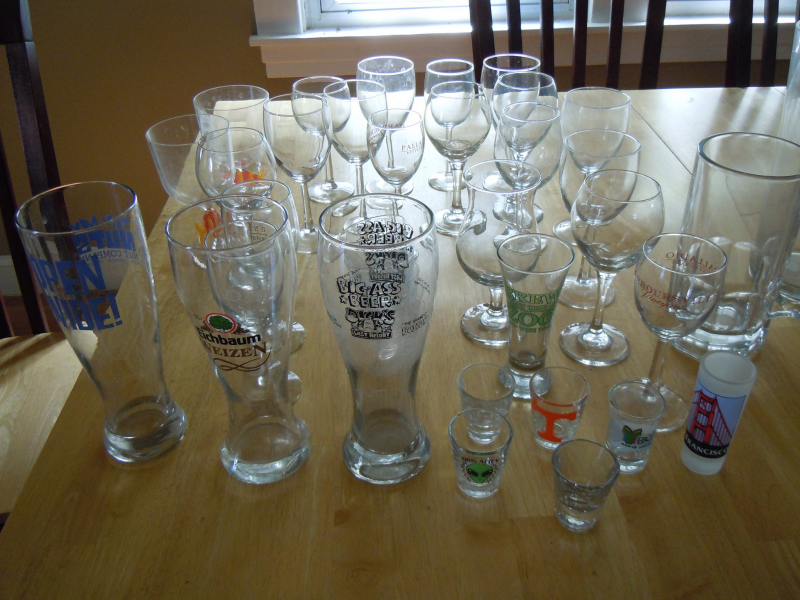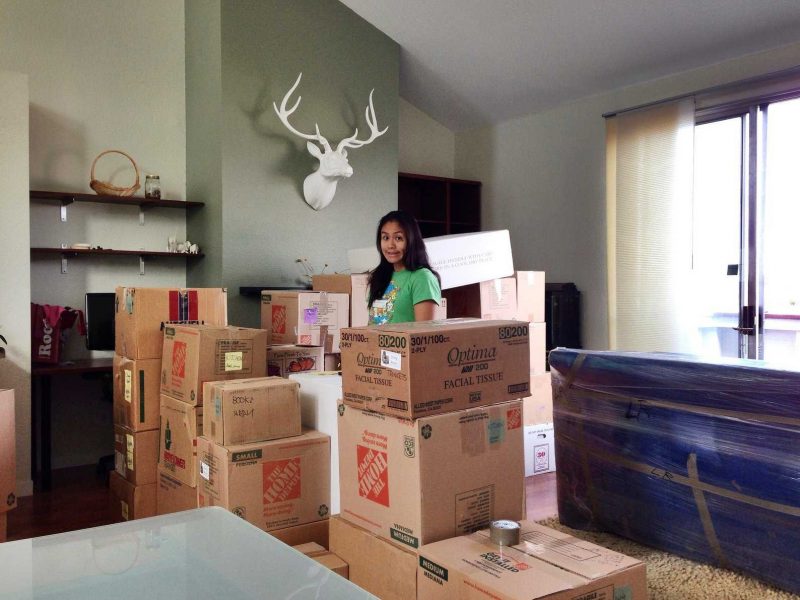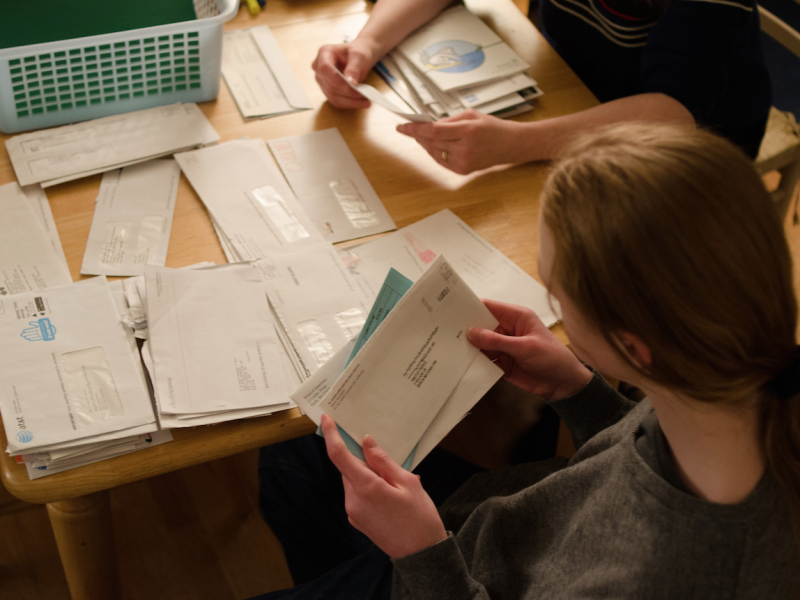- Americans are increasingly looking to downsize their homes.
- Although downsizing can be liberating, there are several things you need to do before you can move into a smaller home.
- We spoke to an expert who told us 11 things everyone should do before they downsize.
The number of Americans downsizing their homes is skyrocketing.
Forty-six percent of baby boomers who sold homes in 2017 were in the process of downsizing, according to a Zillow report, and a full 12% of the home buyers between 45 and 64 were doing the same, according to the National Association of Realtors.
Whether it’s because of retirement, kids leaving home, a drop in income, divorce, or another reason, it often makes financial sense to find a smaller and more economical place to live.
Read more: My husband and I bought our home, but if I had to do it all over again I’d choose to rent instead
But before you make the move, a lot of work needs to go into downsizing, including the tedious process of deciding which of your possessions to keep and which ones to give away.
That process can be painful, but it can also be liberating, said Karen Shinn, a senior move manager and cofounder of Downsizing Diva, a Toronto business that specializes in helping seniors declutter their lives.
Shinn shared 11 steps everyone should take before they downsize, and it's a useful lesson for anyone looking to part with things they don't need.
Take photos of your home before you downsize

There are two reasons to take photos your home before you start to pare down, Shinn said.
First, it can be fun to look back at your old place after you move. And it can also be a tool to help you select what to take with you. Look through the photos, she said, and "see what your eye goes to" - those are the things to keep.
Keep things you want, use, need, or like to look at

This is Shinn's mantra.
"You want to identify the things that make your house a home," she said.
This includes objects that give you pleasure or have sentimental value. She said the art you hang on the wall is particularly important in creating a feeling of home in your new space.
On the other hand, don't take the chipped mugs and other items in bad shape.
"You're worth it," Shinn said. "You take the good stuff."
Shinn said that when she helps clear out estates, she often finds precious items, like gifted tea towels, completely unused, while old and threadbare towels hang in the kitchen.
"Always use the good stuff," she said. Don't save it for a special occasion.
Don’t over-save for the next generation

Many people like to save their possessions so they can pass them on to their children or grandchildren. Shinn says you shouldn't.
"We've had people who were thinking that their granddaughter might want their dining room suite, so they want to put it in storage," Shinn said.
The only problem? The granddaughter was just 10 at the time.
Shinn suggested taking the money that they would have paid for storage and putting that in the bank every month instead. When the granddaughter turned 20, they could give her the money and she could buy herself the dining room set she wants.
Shinn noted that millennials and Gen X-ers, the children of many people downsizing for retirement right now, "would rather collect experiences than stuff."
They almost certainly don't want most of your older stuff, so don't save it for them.
Give with no strings attached

Many people downsizing end up giving away a lot of their extra possessions.
"Be a generous giver," Shinn said. "Don't ask where it went."
If your daughter takes your sofa cushions, she said, "don't go to your daughter's house looking for them."
This advice goes the other way, too. If a parent or older relative wants to give you some of their stuff, simply accept the gift. Don't tell them it's going straight to Goodwill.
Create 'safe passage' for the possessions you give away

Seniors who are downsizing are especially concerned with the "safe passage" of the possessions they give away - that is, they want to ensure that the new owners appreciate the value and significance of the items.
"Most people who are letting go of things are quite happy to let go of things as long as they know someone will use them," Shinn said. "It's more palatable than thinking their stuff went to the dump."
Shinn suggests researching charities and other organizations that might need the things you no longer do.
"It takes a bit of homework," she said. "You didn't collect it overnight, so you might not be able to let it go overnight."
But putting in the effort can make downsizing a more rewarding experience.
Stop acquiring

On a similar note, Shinn said that for people who are downsizing, "this is not the time to start acquiring more things."
That doesn't mean you can't ever get new things, but she has a rule: "If you buy one new thing, you let go of one thing that's in the house."
Take only the favorites from your collections

If you collect shot glasses, you've probably been gifted a lot of shot glasses over the years. You don't have to take them all with you.
"Pick your favorites and let go of the rest," Shinn said.
She suggests keeping only three or four that you like to look at, and giving away the ones someone gifted you but you don't really like.
"It's time to let go of the 'guilt gifts,'" she said - "the ones you're only holding onto because you think you have to."
Don't move anything that doesn't have a designated space in your new home

Shinn used a story from her own downsizing to illustrate this tip.
Before she moved to a condo, she had two large buffets filled with stuff. She couldn't fit the buffets in her new space, so she packed the contents into boxes labeled "Buffet" and brought them with her.
When she got to the new space, she realized she had nowhere to unpack those boxes. It was an "aha!" moment.
The takeaway: Make sure there's a spot for the things you take to your smaller space in the furniture you're taking with you.
Label your photographs

"Collect all of your photographs and make notes on the back as to who's in them," Shinn said.
If you don't know the people in a photo, she said, you can toss it. Distribute photos to the people in them.
Purge your paperwork

When Shinn helps people go through their papers, she often finds old bank statements and warranties for appliances they no longer own. One of her clients had every tax return they had filed back to 1927.
You'll need to purge all that paperwork when you downsize, and you might want to get started now. Get rid of tax returns after seven years. Don't keep bank statements you can access online. Be ruthlessly selective about which papers you keep.
Start now

If you're thinking of a move, start downsizing right away, Shinn said.
"Start small. Start today," she said. "Pick a drawer."
She recommends setting a timer for 15 minutes and going through your stuff a bit at a time.
Even if you're not moving any time soon, Shinn suggests getting rid of stuff you don't need on a regular basis. You could follow the KonMari method and keep only the things that spark joy, the concept of Project 333, in which you only keep 33 items of clothing and accessories, or whatever method moves you.
"There's as many different ways of doing it as there are people thinking of doing it," Shinn said. "There's no disadvantage to living a simpler life."

